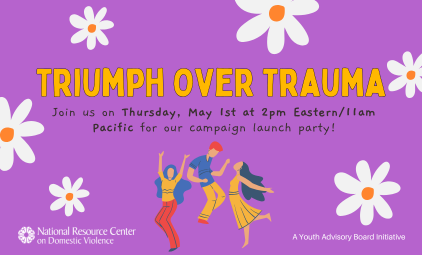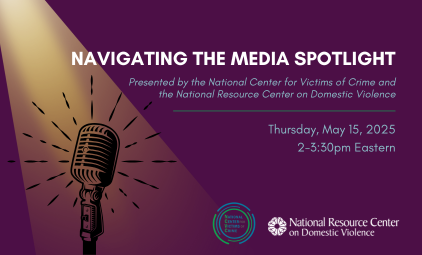Drawing on evidence from ActionAids anti-poverty work with women living in poverty in over 40 countries, the paper makes the case for understanding gender-based VAWG as a central measure of development and human rights. Using data from community-based programmes, the paper specifically outlines how violence against women and girls is both a cause and a consequence of gender inequality and access to power and resources. In this way, it contributes analysis on the structure, content and implications of this major form of inequality.
The paper also illustrates how attention to gender-based VAWG is missing from the current MDG framework, and how this has affected progress on all the goals. The paper uses the Theory of Change for Tackling Violence Against Women and Girls that ActionAid recently developed with the Gender and Development Network for the UK Government to provide guidance on how VAWG could be meaningfully integrated into the new framework.
The paper includes new findings from ActionAid research into a) womens access to reproductive choice in sub-Saharan Africa, b) womens access to justice in conflict-affected contexts, and c) womens access to life choices and livelihoods in urban areas.














